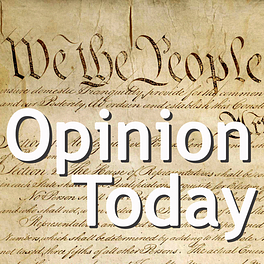
Opinion Today
Thoughtful, thought-provoking (sometimes just provoking) research findings, analysis, and commentary -- from many perspectives -- focusing on public opinion and politics.
By registering you agree to Substack's Terms of Service, our Privacy Policy, and our Information Collection Notice